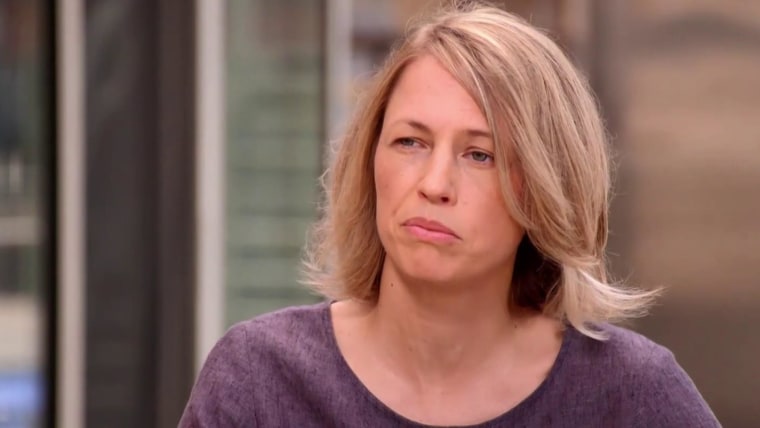TikTok has reached an agreement to sell its U.S. operations to software giant Oracle, a landmark deal that could redefine how the U.S. and China square off over the reach of their homegrown technology companies.
The deal, which was confirmed Sunday by a source with direct knowledge, comes after the Trump administration pressured TikTok to sell its U.S. business over concerns about the threat to national security. The administration alleged that the company’s ties to China via its parent company, ByteDance, meant it would have to hand over data on Americans if asked by China’s government. TikTok has denied that it would hand over data and stressed that it is stored outside of China.
The source would detail which parts of the technology were being acquired by Oracle, which did not immediately respond to a request for comment Sunday. Microsoft had been considered a front-runner to buy TikTok US until this weekend. Microsoft said earlier that Bytedance had alerted the company that it was passing on its proposal.
The short-form video app burst into popular culture in the past few years, becoming one of the few recent social-media upstarts to offer a credible rival to U.S. giants like Facebook and Snapchat. The app, which provides users the ability to create short videos matched to sound or music, has already created its own generation of celebrities and countless dance trends.
But its ties to China had emerged in the past year as a quiet point of contention in Washington. In November, TikTok was mentioned as a national security threat and the U.S. government opened an investigation into the app. Since then Secretary of State Mike Pompeo said that the U.S. was “looking at” banning the app and President Donald Trump threatened to do so several times.
“There’s a bit of a reciprocity process going on here since China doesn’t allow U.S. tech companies like Facebook and Google,” said Paul Triolo, head of global technology policy at the Eurasia Group. “All of these actions are part of an effort by China hawks in the U.S. government to push for this decoupling, which includes a whole range of issues but has sort of crystallized in the last three to six months into this view that Chinese companies are untrusted vendors.”
On Aug. 6, Trump signed an executive order banning U.S. companies from doing business with ByteDance and alleging that the app poses risks that amount to a “national emergency.”
The order states that the app, which has reportedly been downloaded 175 million times in the U.S. alone, captures “vast swaths” of information and “threatens to allow” Chinese government officials to track Americans.
TikTok repeatedly denied those allegations and said its U.S. user data is stored in the U.S. and only a backup exists in Singapore. It also said its data centers are located outside of China, which suggests the data isn’t subject to Chinese authority.
“The U.S. government is forcing one of China’s most successful global media companies to sell under a less than ideal timeframe, and China is trying to avoid having this set a precedent,” Triolo said. “The TikTok ban has to be viewed as part of this longer term effort by the U.S. to police the boundaries of its technology ecospheres with China.”
While cybersecurity experts note that China’s laws enable its government to pressure companies like ByteDance to provide access to user information, they note there’s no evidence that this has happened to date. Also, many American and other international companies have access to similar amounts of user data.
The executive order set a deadline of Sept. 15 for a sale to be finalized. After that date, TikTok will essentially be cut off in the U.S., based on the terms of the order.
TikTok sued the U.S. government on Monday, challenging the executive order and alleging it was deprived of due process when the administration issued the ban. The suit also alleges that the government failed to provide evidence that TikTok was actually a national security threat. It was thought that the lawsuit might be able to push back the ban, which would allow TikTok more time to secure a deal.
As the company sells its U.S. business to Oracle, it’s also undergoing internal change.
TikTok CEO Kevin Mayer announced in August that he would be quitting, after assuming the role in June. The head of TikTok’s U.S. business, Vanessa Pappas, took over as interim head.
Tim Stelloh contributed.











